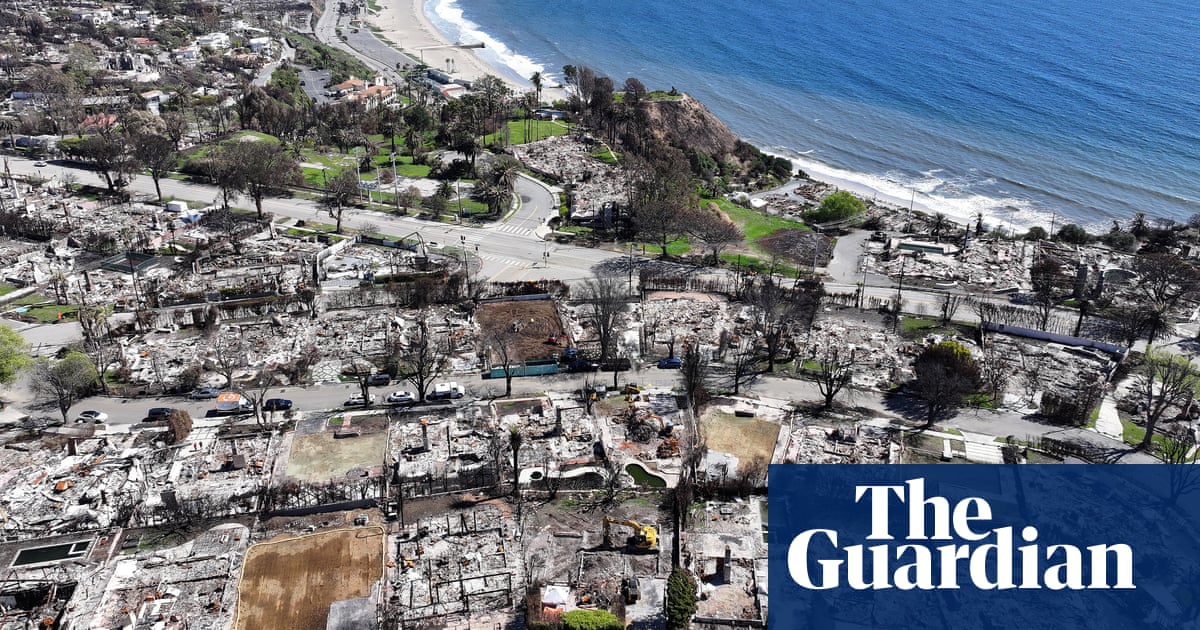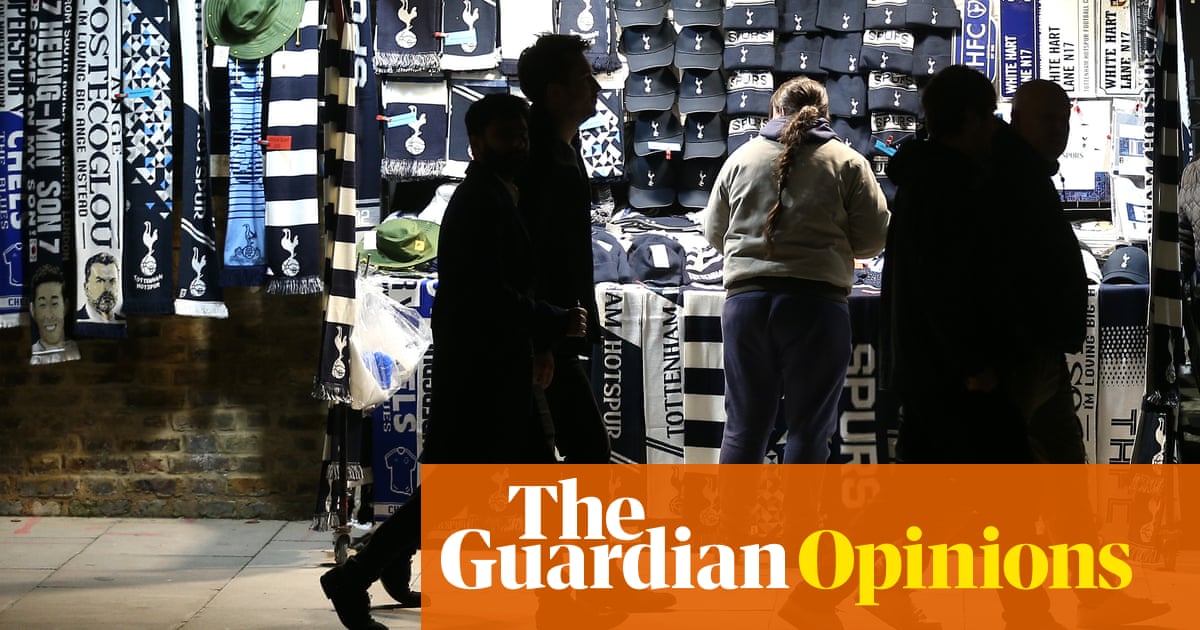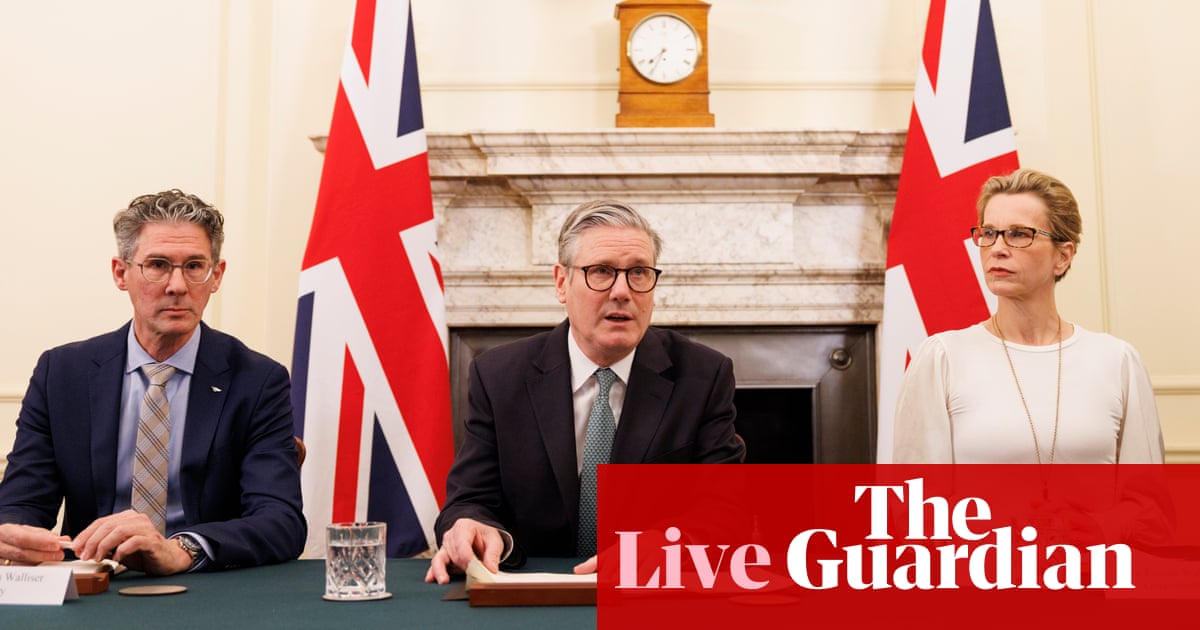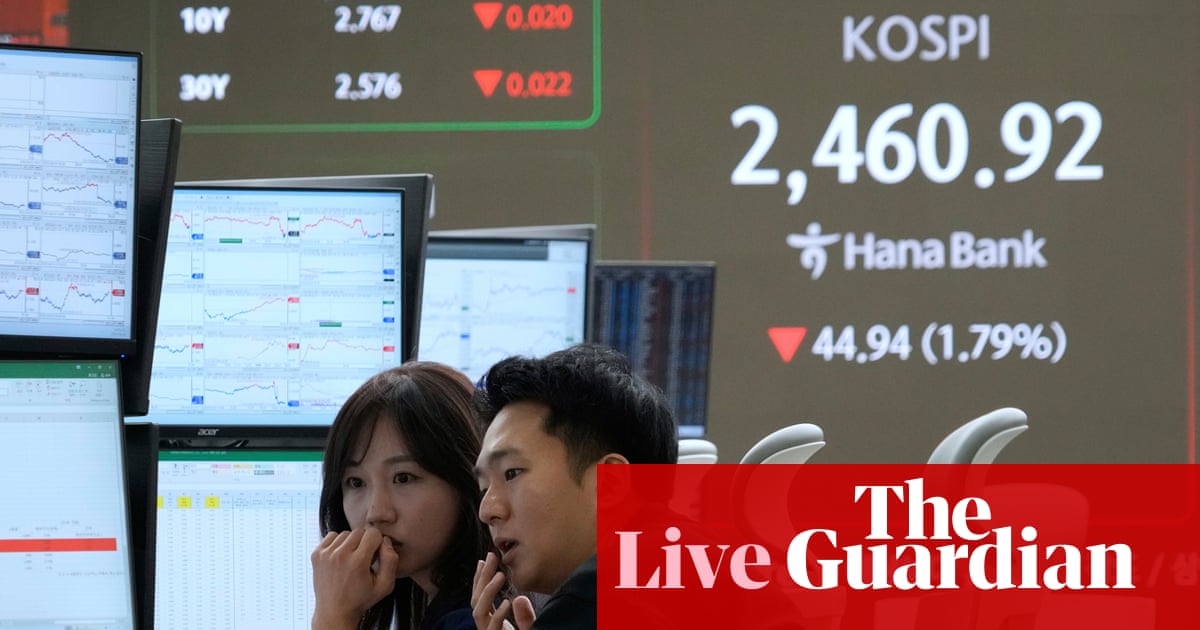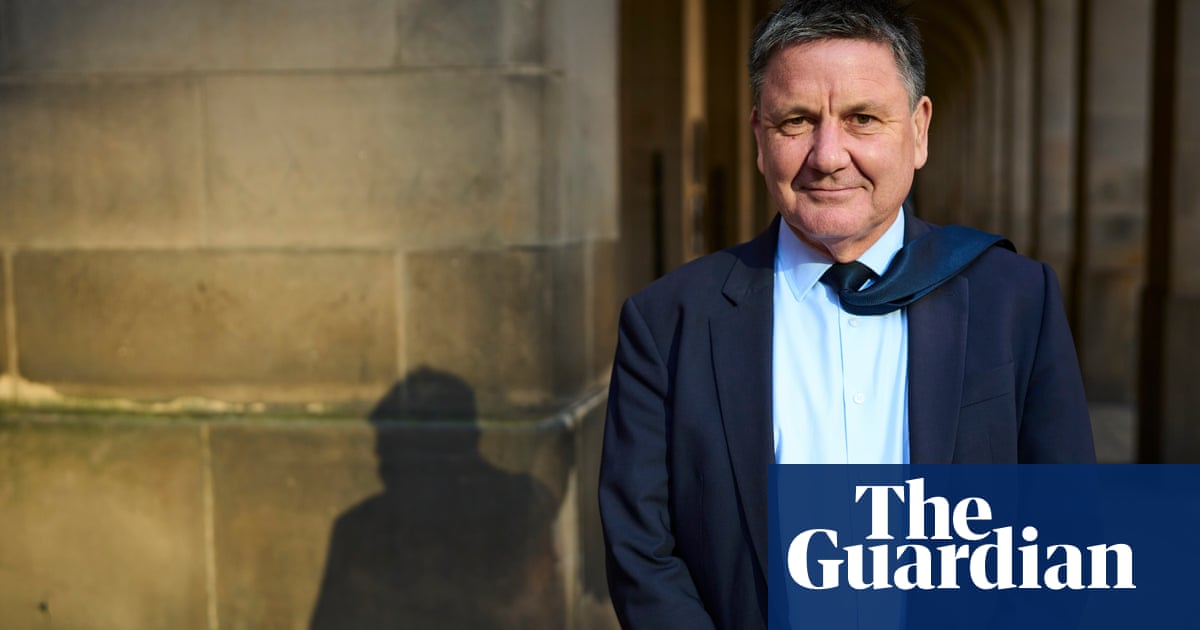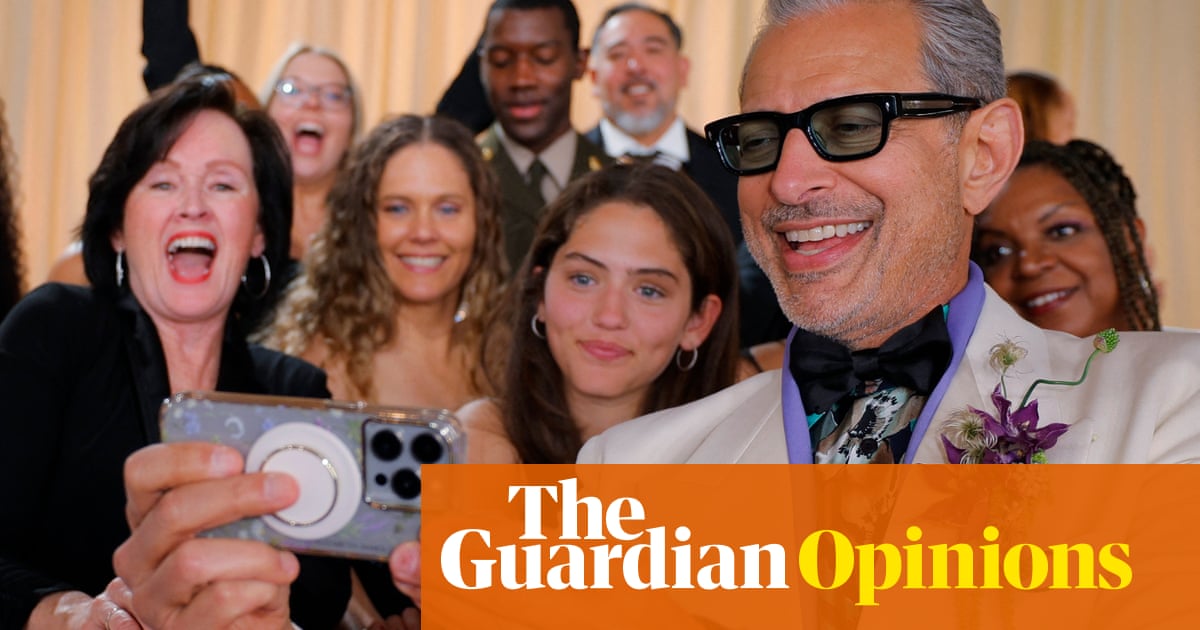For Prince Harry it was a “monumental victory”; for publishers of the Sun it was an outcome “in the interest of all parties”. Regardless of either side’s take in the war of words that played out on Wednesday, it is clear that the settlement reached between Prince Harry and the Murdoch-owned News Group Newspapers (NGN) is a significant moment in the history of the British media.
By late morning an apology from NGN – agreed by both parties as part of a historic settlement deal in a longrunning legal dispute between the Duke of Sussex and the Sun’s publisher – was read out in court. It was, as the veteran hacks of Fleet Street might say, a marmalade-dropper of a moment.
“NGN offers a full and unequivocal apology to the Duke of Sussex for the serious intrusion by the Sun between 1996 and 2011 into his private life,” it stated. But it was the half line that followed that carried the punch, as the publisher acknowledged that these intrusions included “incidents of unlawful activities carried out by private investigators working for the Sun”.
This is significant. NGN has settled more than 1,300 claims since the Guardian exposed the phone-hacking scandal that led to the closure of the News of the World in 2011. Prince Harry’s lawyers estimate that the total cost to the company stands at about £1bn, if settlements and legal costs are included. How much they have paid Harry remains unclear – some sources put the figure in excess of £10m.
The Murdoch-owned publisher batted away each new legal claim with the full force of News Corp’s multibillion-dollar empire. It was a matter of record that unlawful activities had taken place at the shuttered News of the World, it said. But that was not – it insisted, repeatedly – true of the Sun. In 2014, giving evidence during the phone-hacking trial Rebekah Brooks, the former Sun editor who is now chief executive of News UK, insisted that “when I was editor of the Sun we ran a clean ship”.
After multiple court hearings during this gruelling six-year legal contest, the publisher issued journalists with a statement that contained a variation of the sentence: “The Sun does not accept liability or make any admissions to the allegations.”
In a statement read out on Wednesday by Harry’s barrister, David Sherborne, the prince and his co-claimant, Tom Watson, said that the settlement proved that no one stood above the law, every organisation had to be held accountable. “Today the lies are laid bare. Today, the cover-ups are exposed,” they said.
But today, also, they did settle. The tantalising prospect of the Duke berating News Group executives while giving evidence at the high court did not materialise. The examination of allegations that key executives – including Brooks and the Washington Post chief executive, Will Lewis – obstructed justice by deleting more than 30m emails, destroying back-up tapes, and making false denials will not now be tested in court.
In a carefully worded apology NGN only “acknowledged, without any admission of illegality, that NGN’s response to the 2006 arrests and subsequent actions were regrettable”. The more pugnacious statement that followed insisted that “no admission or apology has been made in relation to [these allegations].”
Before Christmas Prince Harry told the New York Times that the other claimants – including the actors Hugh Grant and Sienna Miller; the ex-footballer Paul Gascoigne; the comedian Catherine Tate and the former Spice Girl Melanie Chisholm – had settled with NGN “because they’ve had to settle”. He added: “One of the main reasons for seeing this through is accountability, because I’m the last person that can actually achieve that.”
But, in the end, perhaps even princely pockets have limits. In civil cases, if the damages awarded to a successful claimant are less than the settlement amount offered by a defendant, the claimant may have to pay the legal costs for all sides. Losing the case could make a claimant liable for damages and costs. The lawyers used in these cases do not come cheap.
Harry’s team will argue that this apology from News Group goes further – and admits to more guilt – than the publisher has ever done previously. That is true. It is also just possible – as the Sun’s publisher stressed in its unapologetic post-apology statement – that this settlement “draws a line under the past and brings an end to this litigation”, more than a decade after the Guardian’s exposure of the phone-hacking scandal detonated a bomb at the heart of the British media.

.png) 2 months ago
23
2 months ago
23
